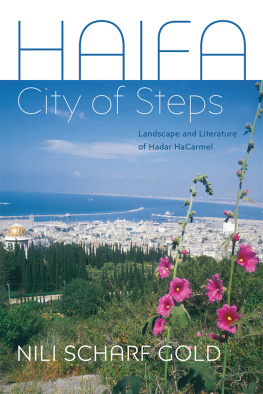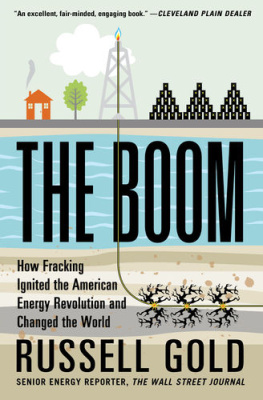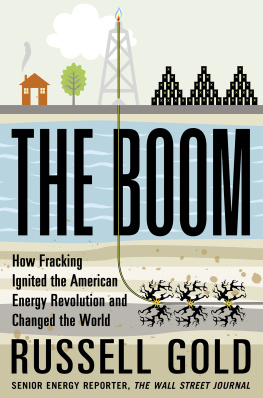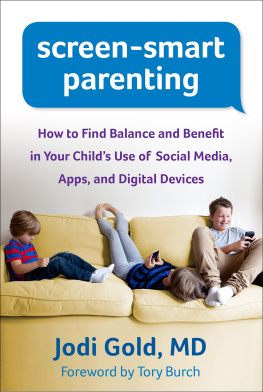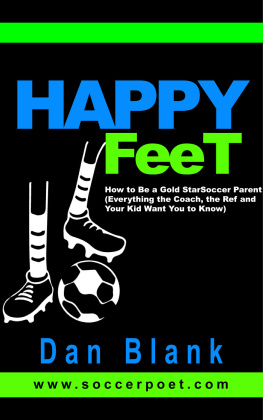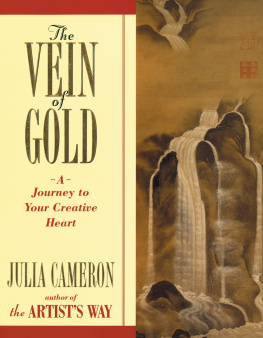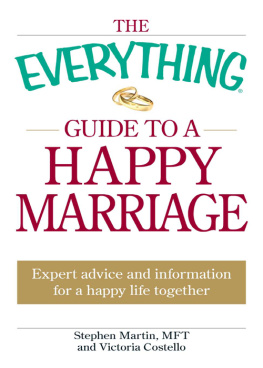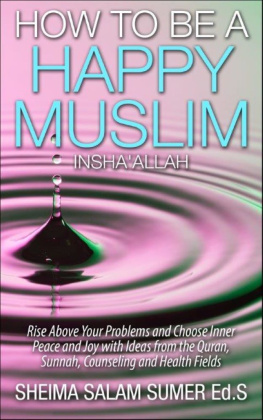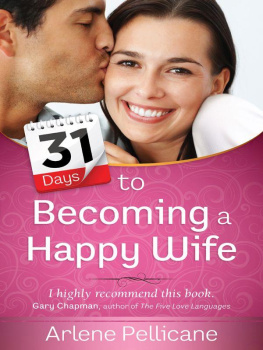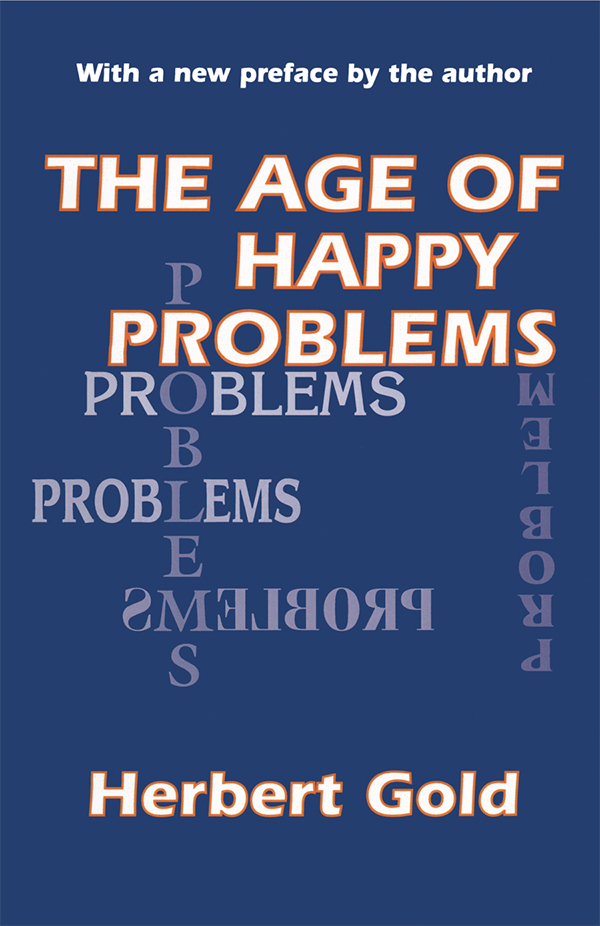
THE AGE OF HAPPY PROBLEMS
Originally published 1962 by The Dial Press, New York.
Published 2002 by Transaction Publishers
Published 2017 by Routledge
2 Park Square, Milton Park, Abingdon, Oxon OX14 4RN
711 Third Avenue, New York, NY 10017
Routledge is an imprint of the Taylor and Francis Group, an informa business
New material this edition copyright 2002 by Taylor & Francis
All rights reserved. No part of this book may be reprinted or reproduced or utilised in any form or by any electronic, mechanical, or other means, now known or hereafter invented, including photocopying and recording, or in any information storage or retrieval system, without permission in writing from the publishers.
Notice:
Product or corporate names may be trademarks or registered trademarks, and are used only for identification and explanation without intent to infringe.
Library of Congress Catalog Number: 2002067271
Library o f Congress Cataloging-in-Publication Data
Gold, Herbert, 1924
The age of happy problems / Herbert Gold ; with a new preface by the author.
p. cm.
Originally published: New York : Dial Press, 1962.
ISBN 0-7658-0917-6 (acid-free paper)
1. United StatesCivilization1945- 2. United StatesSocial conditions1945- I. Title.
E169.12.G6 2002
973.92dc21 2002067271
ISBN 13: 978-0-7658-0917-9 (pbk)
For Ann and Judy
The essay, A Dog in Brooklyn, a Girl in Detroit: A Life Among the Humanities, is published for the first time in this volume.
Acknowledgment is made to the following publications in whose pages these essays first appeared: The Atlantic Monthly, March 1957, for The Age of Happy Problems; Mademoiselle, February 1958, for How to Be an Artists Wife; The Atlantic Monthly, November 1957, for Divorce as a Moral Act; Charm, October 1959, for The Bachelors Dilemma; Partisan Review, Summer 1957, for The Mystery of Personality in the Novel; Hudson Review, Winter 1958, for The Fair Apple of Progress (originally published as The Purity and Cunning of Sherwood Anderson); Hudson Review, Winter 1957, for The New Upper-Middle Soap Opera; Playboy, February 1958, for The American as Hipster (originally published as The Beat Mystique); The Nation, November 17, 1957, for Hip, Cool, Beat, and Frantic; Metronome, February 1961, for The Rise of the Treeniks; The Atlantic Monthly, September 1960, for Fiction of the Sixties; discovery, Number 1, for Cleveland: Inflation-on-the-Erie; Hudson Review, Summer 1952, for Paris: Notes from La Vie de Bohme; The Yale Review, Autumn 1954, for Americans in the Port of Princes; Playboy, June 1961, for The Great Divide (originally published as The Great American Divide); Playboy, September 1960, for The Changing Village (originally published as The Restless Mecca); The Noble Savage, Number 3, for Death in Miami Beach.
WRITTEN WHEN I WAS young and avid (now Im older and avid), these essays attempt to take account of post-war America wading through the ooze of the Fifties. Nearly everything was in rapid flux, including the moral climate, mental vegetations, and the various social contracts. The beasts were trying to learn to navigate onto firmer territory, but where the hell was it?
Divorce, television, altering sexualities, altering bohemias, the sudden flowering of diverse American voices, the new massification of educationa host of non-parallel categories of experience made this exploration personally imperative. My ambition as an essayist was nourished by my intentions as a novelist. I hoped to master my experience while remaining in awe of it, to make magic and festival in the world; to see what was there and not be daunted by it. I still had the metabolism of a kid who had enjoyed parachute training in the Army.
As part of the enterprise, I took to exploring the non-Clevelands in a wandering young-writer life. Paris, Haiti, Reno, Greenwich Village were engrossing way-stations (they still are). And, too, my home town of Cleveland itself, the place I took defiantly to calling the Paris of North-Eastern Ohio. I was also drawn to Miami Beach as a premonition of what would happen to everyone in due course, even an avid boy seeker.
Some things have changed more radically than others. In those days, before art deco became the disease of choice for art directors, Miami Beach gave an eerie glimpse of how things must end. It had become a desolation suburb for oldsters. Looking back, I see that I even had fun confronting ruin, decay, and death well before I would be called upon to make the decision to just relax and enjoy those endgames for myself. We each of us owe God one death. The best we can do is to pay the debt with grace (but not in a hurry, of course).
THIS IS A REPORT about where one man stands on some matters of teaching, learning, writing, love, marriage, work, and the prospect of death, and how he came to this stand in the cities of America.
Setting out a few final, summary pages, I wish to try to call up what I have discovered in the pleasure of writing these interim communiqus, twelve years of voyages around part of the world and up certain of its dilemmas. Most of the sections of this book are aimed at specific and nonparallel subjectsAmericans abroad, the hipsters, divorce, Miami Beach, Sherwood Anderson, the craft of fiction, the vocation of a teacherand yet each seems to mark out part of the map, a place on a roadway. The map takes shape as I trace my way from one gathering of thoughts to the next. How can I total it up? What is the map of the map?
Well, to begin with, Plato was wrong. The life of contemplation is not sufficient. Neither is virtue enough. And for another thing, Plato was right. He knew that men must learn to come together in the practice of intelligence and moral privilege.
An instructive practical joke has been played on us by history since the time of Socrates. Now we know too much and we have had too much experience with evil ever to be long satisfied with the hope of ideal private purity in the quest of virtue and knowledge. To be alone in wisdom is to possess only the ghost of wisdom; it is like being a lover with no one to love. And as in love and understanding, so in the effort toward a moral life. We cannot accept the bondage of others without being ourselves enslaved. The separated soul moves inexorably from smugness to explosion. The contemporary literary parody of Diogenes is Hemingway, who turns out to be seeking good repute more than glory, formula more than wisdom, peace to his troubles and not a resolution to the challenge of mortality. Looking for an honest man in the market place, Diogenes carried a lantern, not a mirror. The autobiographical compulsion in a writer leads to a pathos which has the character of the sentences on tombstones; we do not stand moved by the stiff wordswe weep to honor the body buried beneath. And when the words have been inscribed by a self-indulgent living corpse, we stand uneasy in our sympathy, we are excluded by self-pity, we have been had. The body is not even present. It is elsewhere, drafting new appeals before the mirror. Style, even the style of genius, shrivels to fashion in the paper fire of vanity. To save ourselves we must return to Aristotles sense of the good manthe man who exercises his power of intelligence in an effort to master time and mortality through works apart from building his own person. Out of this effort come tragedy and comedy in art, comes the labor of freedom in life.
Next page


